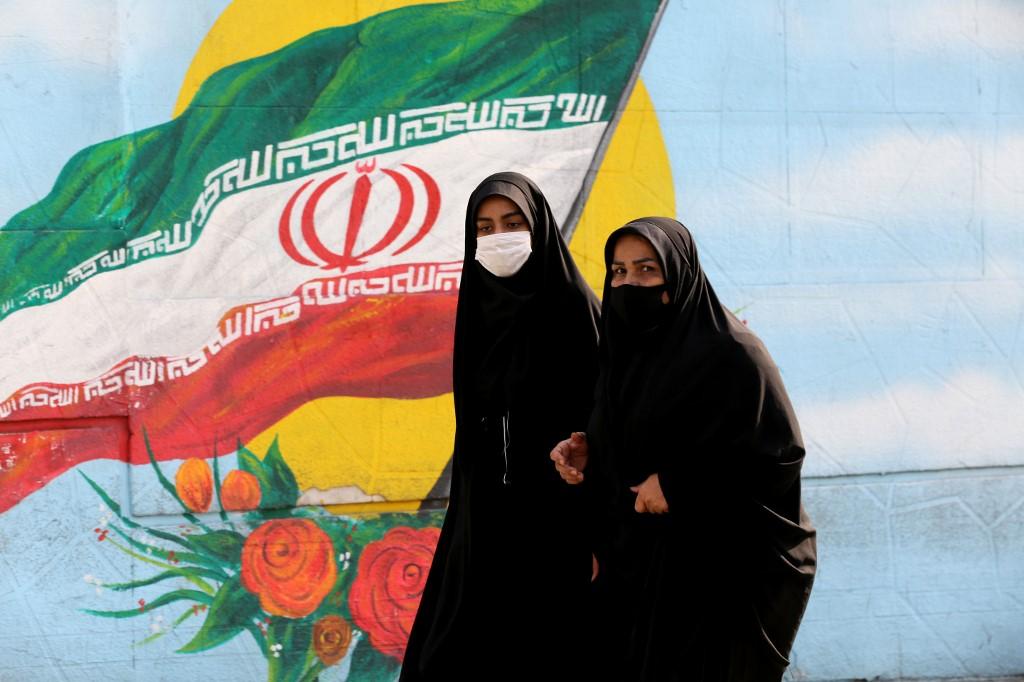Iranians desperate for vaccine, accuse govt of looking to profit from local shots
Officials are demonstrating a reluctance to purchase vaccines with confusing excuses, even as the country’s mortality rate is approaching 55,000.
In the Middle East’s worst-hit country, Iran, ordinary people are wondering with increasing frustration and despair whether a Covid-19 vaccine will ever reach them when “even Venezuela” and neighbouring Iraq have already imported doses for their populations.
“Just import the vaccine,” is what furious Iranians are posting on social media, accusing their government of dragging its feet on purchasing available internationally approved coronavirus vaccines, reports Al Monitor.
Iranian officials are demonstrating a reluctance to purchase with confusing and often contradictory excuses, even as the country’s mortality rate is closing in on 55,000.
Officials in President Hassan Rouhani’s administration have in recent weeks been struggling to offer explanations for the delay.
A lack of freezing technology to preserve the doses as well as international sanctions and US-imposed banking restrictions remain the major justifications that have failed to convince the public.
Responding to queries from Iranian journalists, the World Health Organization’s Covax international initiative for ensuring fair Covid-19 vaccine delivery to all nations made it clear that the Islamic republic is facing no hurdles on its way to order vaccines.
Iran’s health ministry says clinical trials have already begun for vaccines developed by three Iranian companies, with the distribution process planned for June.
The three companies working on the vaccines all come under the patronage of the Imam’s Directive, a powerful network of business enterprises linked to the office of Supreme Leader Ayatollah Ali Khamenei.
As Iran has declared that its own vaccine will not be free, suspicions have grown that the Imam’s Directive is attempting to block vaccine imports in order to secure its monopoly and guarantee the expected profits from the sale of millions of doses to citizens.
The president of the Iranian Medical Council, Abbas Aghazadeh, has advised the Rouhani administration to put aside political considerations and focus instead on vaccine purchases.
“Millions of lives cannot be compromised for the sake of ideological rivalries,” he said.
But remarks by the Iranian president last week added more confusion. In a swipe at Western vaccines, Rouhani said his government cannot allow “unreliable” products to be tested on Iranians.
Under mounting public pressure, Iran’s Central Bank has announced €200 million has been allocated for vaccine purchases through Covax.
That money is expected to cover 16 million doses for 8 million individuals, less than 10% of Iran’s population.
However, Iranian medical experts argue that for an effective curb of the pandemic, at least two-thirds of the population must be vaccinated within a short-term period.
Subscribe to our newsletter
To be updated with all the latest news and analyses daily.
